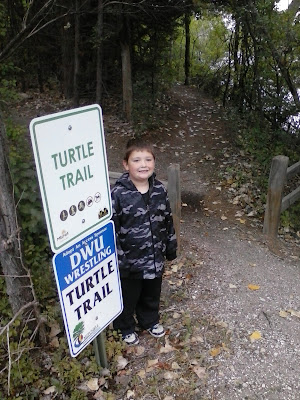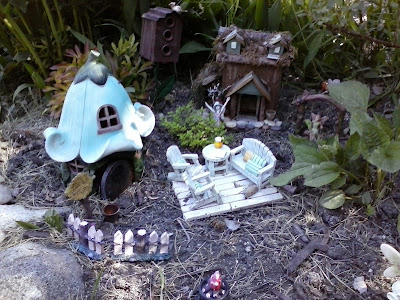For Christmas, my brother sent me
On Writing by Stephen King, which I requested.
Many writers have praised this book as the best book on writing. A few of my writer friends have said the same thing. While I loved the narrative portion of King's book, in which he tells snippets of his life that influenced him as a writer, I really love the sections called "Toolbox" and "On Writing."
The entire book is geared toward those who write fiction, but really this book can apply to every writer -- even this trained journalist. Many of the principles he discusses I've often applied as a reporter, such as don't write in passive voice, don't be over descriptive, and be brief but clear.
But as a (struggling) fiction writer, I find King's list of tools we should all employ particularly helpful.
 |
Every writer needs these items in their toolbox (so says
Stephen King, and I think we should listen to the King.)
(Photo by Anna Jauhola) |
 |
This book is inspiring and around every bend are humble
words of wisdom from an incredibly down-to-earth guy.
(Photo by Anna Jauhola) |
I wrote down the overall list of tools I need to keep in my writer toolbox at the beginning of the section in the book. And I completely agree with each and every one. I can always improve on vocabulary, grammar, and basic elements of style, but the tool I struggle with the most is PRACTICE.
King's advice for this? You just have to. You have to force yourself to practice. Good advice, Mr. King. But how? His thoughts are simple and to the point.
He says (and I'm paraphrasing here) to pick a time every day to write, and preferrably a place where you can close the door, literally, so that you are able to concentrate.
If you're serious about writing, you will find and make the time to practice. AND, the best part? It doesn't matter what you write. Just as long as you write. That's one way to generate ideas.
King's varied background in the 1950s, 60s and 70s seems, at least to me, so ridiculously frought with situations that inspired his stories, it's still hard for me to imagine drawing any inspiration from my childhood spent in on the northern prairie of Minnesota.
His book has moved me, though, and I've been racking my brain for any details - however small - on which to base a story.
A few come to mind.
Cemeteries were a central theme in my life, as odd as that sounds, and are something I've always wanted to use in a good story.
My brothers and I spent a good deal of time at the river growing up. That setting could spawn a story or two.
Most of my time was spent at school, which could obviously spawn a lot of ideas.
A good portion otherwise was spent at either my part-time job at a gas station or at Grandma's house. Come to think of it, Grandma's could be a great setting for some interesting stories.
So you see? King really got me thinking. And that's just the tip of the iceberg! In his book, he told the story of how he first envisioned the story for Carrie. He was a janitor just out of high school and had never seen a container for feminine napkin disposal until he was cleaning the girls' locker room. He envisioned an embarrassing scene of a girl getting her first menstrual cycle in the shower at school while her classmates taunted her. He later remembered a tidbit about adolescent girls developing telekinetic abilities around puberty. He connected the two and he had a story.
I've been working, and will continue practicing, to identify small details like that and couple them with life experience to find a good combo to create a compelling story.
Can I do it? Sure! With the right amount of practice and the use of my writer's toolbox, I can succeed.
If you are serious about writing fiction, or any kind of writing really, pick up On Writing. It's completely worth it, even if you aren't a Stephen King fan. His advice is solid and his success speaks for itself - he obviously did something right.
















